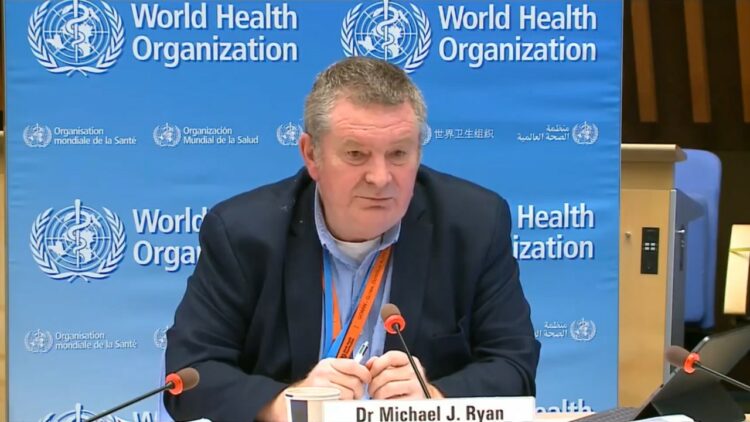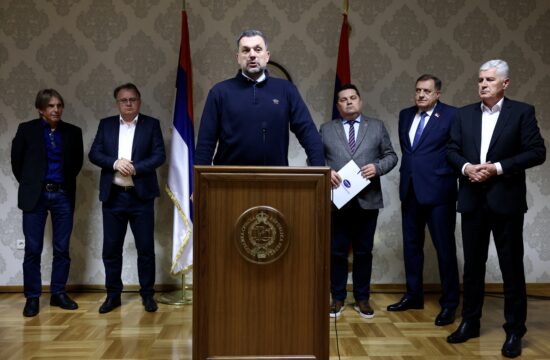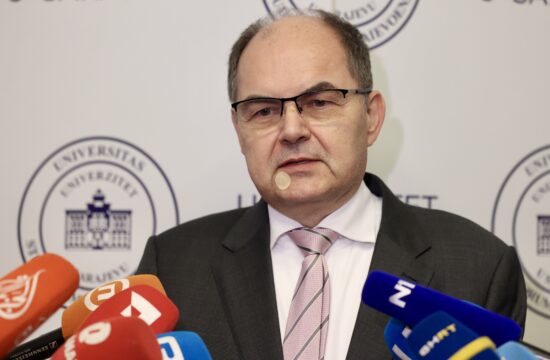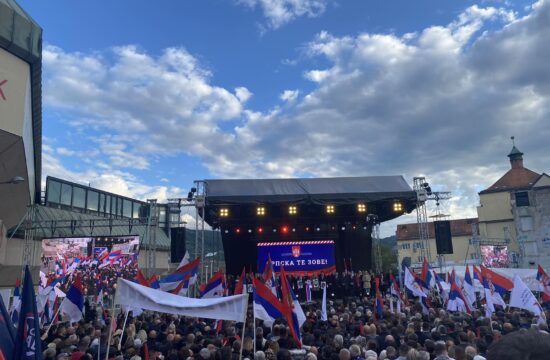
The World Health Organisation (WHO) is working with various UN organisations on securing safe election processes across the world amid the coronavirus pandemic and is ready to provide direct technical and operational assistance to Bosnia and any other country on the matter, executive director of the World Health Organization's Health Emergencies Programme, Dr. Michael Ryan, told N1 at WHO’s press conference on Monday.
Bosnia and Herzegovina has been experiencing a dramatic increase in confirmed daily coronavirus infections since recently, with numbers often surpassing 1,000 in the country of some 3,4 million people.
The country is also to hold its local elections on November 15.
According to Dr. Ryan, elections are “obviously hugely important processes within national democracies and should be preserved as processes to the extent possible.”
He noted that many governments have asked the WHO for advice on “risk managing those processes” and have already tried to implement various voting platforms to decrease the risk.
“De-risking the process of voting during an election has become an important aspect of our advice to countries. The same way that we advise many sporting organisations on how to de-risk the process of running sporting events and other gatherings, we’ve done the same on the election side. We’re currently finalising more formal guidance that we will release to all countries on that matter with learned lessons from the last number of months and good lessons learned from a number of electoral processes that have carried out successfully,” he said.
Dr. Ryan noted that there were many successful election processes amid during the pandemic and stressed that “adequate de-risking, adequate control measures, adequate hygiene measures, adequate physical distancing measures and the use of masks and good planning, and sometimes the extension of voting days, the extension of voting hours and reducing the density of people around voting stations and other measures, can very much help in creating a safe electoral process.”
“It’s a decision of sovereign governments to decide to proceed with, delay or carry out face to face or impersonal elections, but in doing that, when governments do make that decision, WHO stands ready to support those who decided it is in their best interest to move forward with it,” he said.
“Certainly, for Bosnia and other countries in the Western Balkans, we’ll be very pleased in the coming months to provide direct technical and operational assistance to any requiring our public health advice regarding the running of electoral processes,” Dr. Ryan concluded.




